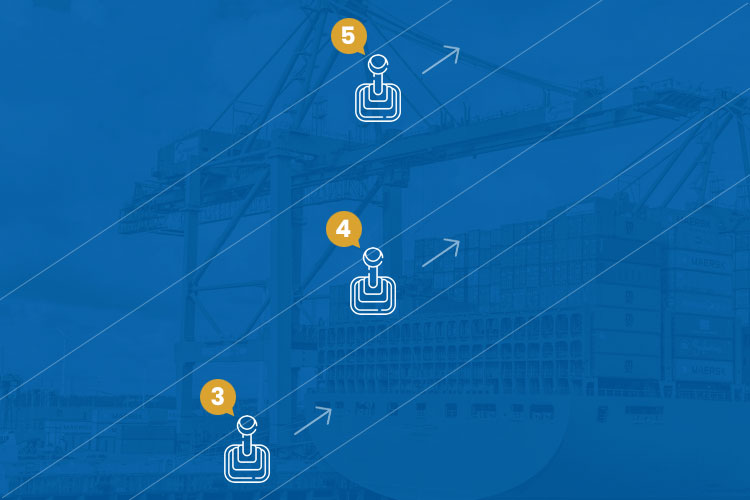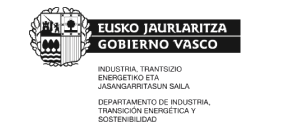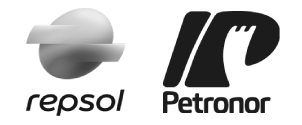At this point, it is safe to say that both the Covid-19 pandemic and the war in Ukraine have highlighted the vulnerabilities of international supply chains. While Covid-19 generated logistical disruptions of finished goods, parts and pieces, mostly between China and Europe, the supply disruptions from Russia and Ukraine are mostly related to a raw materials crisis. Even so, the general idea, expressed by various logistics and supply chain experts remains the same: when this global supply network, which functions synchronously thanks to the interaction of millions of devices and people both at a physical and digital level, is stressed by events such as wars, climate catastrophes or pandemics, supplies start to fail. These supply chain disruptions, which may initially have "minor" consequences, such as temporary delivery delays, can lead to bottlenecks with catastrophic consequences for the economy. This has been the case with chips in automotive sector with the pandemic, or the case of gas, titanium or cereals, in the case of the Ukrainian war.
The interconnectedness of supply chains in a highly complex global supplier network is closely aligned with the acronym VUCA (Volatility, Uncertainty, Complexity and Ambiguity) and with sociologist Zygmunt Bauman's ideas about the liquid society. In other words, the globalisation of production and the interconnection of suppliers on a global scale is intrinsically linked to an increasingly volatile, uncertain, complex and highly ambiguous world. A world where the adage that "all that is solid melts into air" is already a reality. It is becoming increasingly difficult for companies to have a clear understanding of how their network of suppliers (who are also dependent on other suppliers, and so on) will behave in this VUCA context. It is therefore necessary for companies, especially those that until now have been used to working in more or less stable environments, to stop working with operating frameworks that are not valid for these new scenarios.
Applying this perspective to the purchasing function in production companies, we can think that, traditionally, many purchasing departments tried to secure their input flows with long-term contracts that were signed with fixed or pre-selected suppliers. Against this background, a change of supplier could only be conceived at specific moments, for example, when the purchasing company developed a new product and opened the possibility for different candidates to apply as a (new) supplier. This pattern can be compared to a motorway route with different long stretches that require different speeds: when changing from one stretch to another, the driver engages the corresponding gear and this will remain valid for a long time.
However, in a VUCA context, or a liquid world, such gear shifts can be much more frequent and constant. In the last two years that need has been caused by the Covid-19 pandemic and the war in Ukraine. However, other wars, climate disasters or regulatory changes might disrupt companies' supply chains in the near future. Against this new backdrop, companies have to opt for a more "liquid" model of supply chain management.
While the Russian-initiated war has shown the relevance of having secure trading partners (so finding and keeping them remains very important), it has also highlighted the relative nature of such assurance. This is why companies should expand networks with potential suppliers, enhance surveillance, foresight and intelligence processes, develop business diplomacy activities and build forward-looking scenarios in order to prepare for more open sourcing and supply management processes. In addition, they should opt for the ongoing digital transformation that includes a digitisation of supplier relations. Bringing technology into the equation, it is even possible that, in the future, instead of switching providers "manually", an automatic gearbox will be applied that starts and closes/transfers smart contracts supported by, for example, blockchain.
A more liquid view of supply chain management will involve the combination of high-tech and analytical tools from the fields of design, intelligence, diplomacy or foresight. Incorporating these techniques will be a necessary condition for dealing with a liquid context, but not a guarantee of success. In other words, our businesses will need to consider using them, as failure to do so will give them little chance of thriving in a context where disruption may be the norm.

Bart Kamp
Bart Kamp is Principal Investigator in the focus area of Business Internationalisation and Servitization at Orkestra-Institute of Basque Competitiveness. His research centres on competitive strategies that enable firms to be leaders in their niches on the international market and on servitization processes between manufacturing firms.

Mikel Gaztañaga
Mikel Gaztañaga is a predoctoral researcher at Orkestra - Basque Institute of Competitiveness, where he works on projects related to territorial competitiveness, business internationalization, economic governance, and public policies. His research focuses on the impact of sociodemographic, institutional, axiological, energy, and technological changes on the competitiveness of regions and nations, with a particular emphasis on Euskadi and Gipuzkoa. He holds a degree in Humanities (specializing in Philosophy) from the University of Deusto, where he also completed a Master’s in International Relations and Business Diplomacy. Additionally, he holds a Master’s in Philosophy of History, Democracy, and World Order from the Autonomous University of Madrid.













